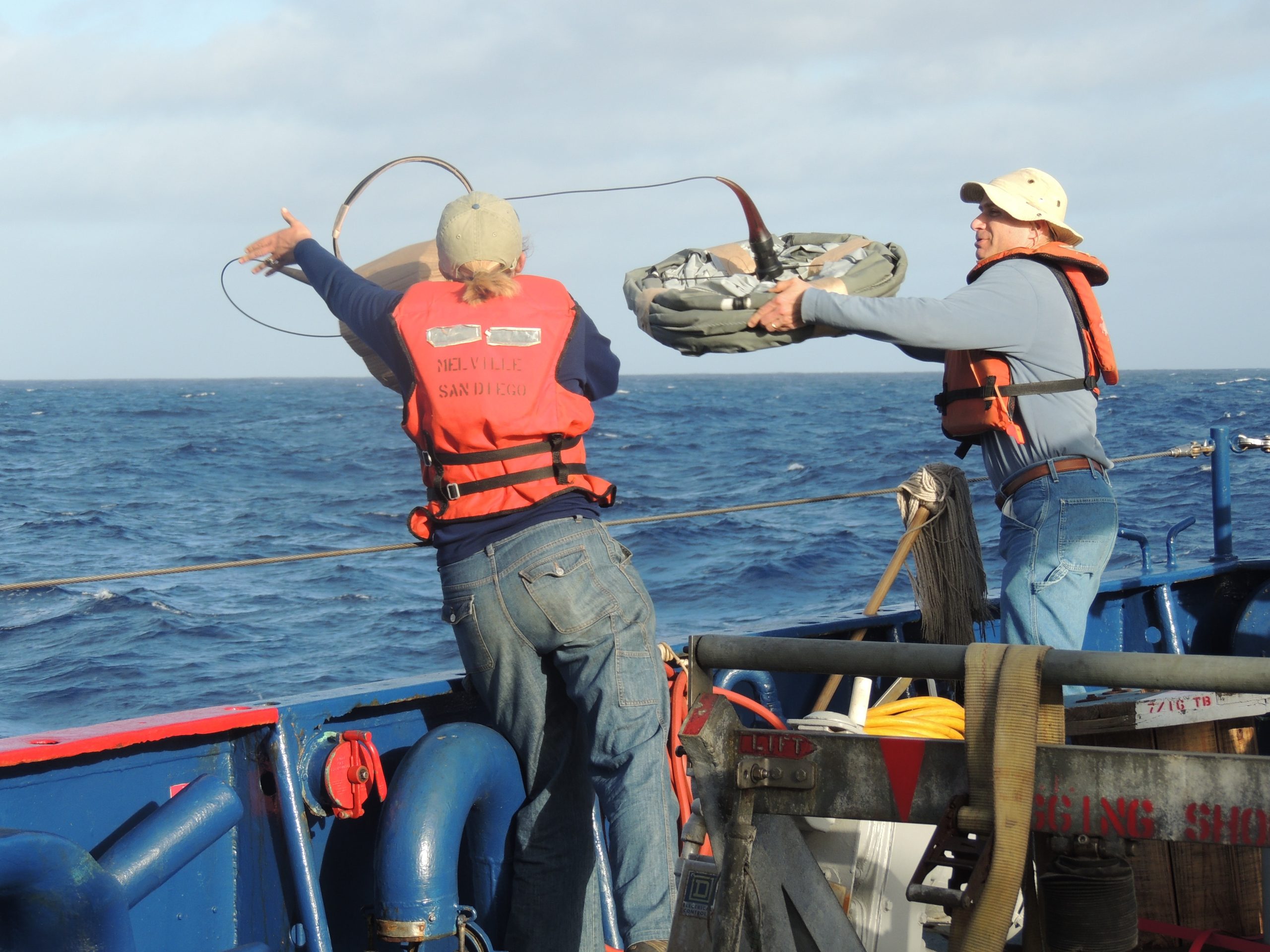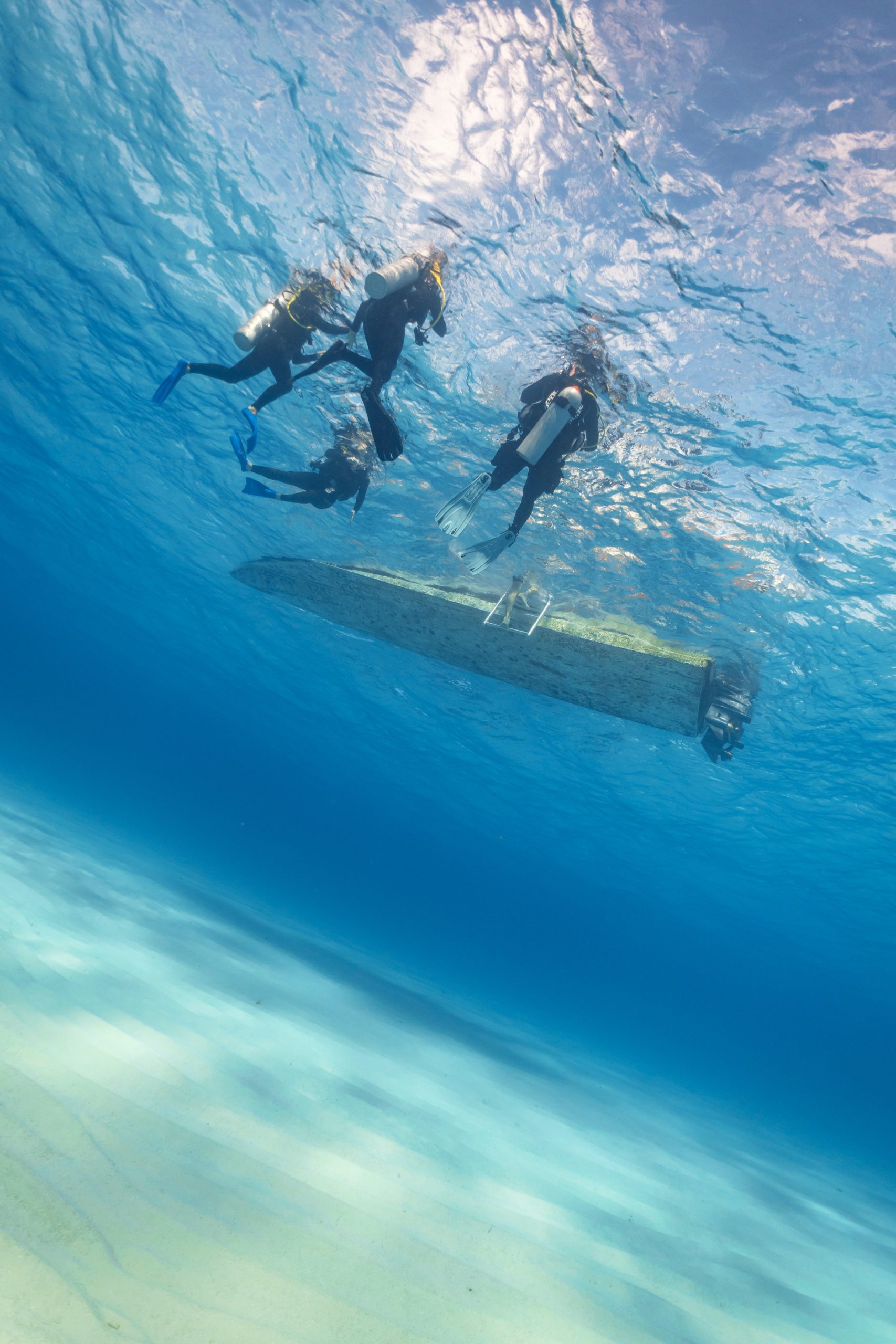We can explore 71% more of our Blue Planet by scuba diving. Divers can escape their daily lives and dive into a world of an extraordinary life. You might wonder if diving can be dangerous. The answer to this question will depend on your medical history, what type of diving you do, and how well you follow safety precautions. Scuba diving can pose some serious medical risks to divers. Taking your safety precautions and scuba diving carefully can be a wonderful way to improve your health.
Diving has many of the same health benefits as exercise. Scuba diving can be as good for your body and health as swimming. Divers can positively affect their physical, mental, and social health. The healing powers of the ocean are supported by science. It is always good to get away from the daily grind and travel to new places with your mind and body. Here are some ways divers can experience the healing power of the ocean.
Physical Health
Dive diving is a great cardio exercise. It also involves a lot of swimming. Swimming is an excellent form of aerobic and anaerobic exercise. Swimming provides both cardiovascular and muscular exercise. We move against water pressure on our bodies with minimal joint strain.
Scuba diving offers great benefits for your physical and mental health. Your muscles are more active underwater as you swim against the current and water resistance. This will strengthen your muscles and increase your flexibility. Scuba diving, like swimming, can tone different muscles throughout your body.
You learn to optimize your air consumption and modify your breathing patterns as a diver. You might also find yourself doing breathwork outside of diving to improve your diving skills. Breathing exercises and changing your breathing patterns can have many health benefits. These health benefits include:
Energy efficiency increases
Boosted Immune System
Eliminating Toxins from Your Body
Better Sleep
Strengthening your Lungs
This aids in your body’s fight-or-flight response
Scuba diving requires slow, deep breathing. This promotes calmness and reduces the chance of injury to your lungs.
Cardiovascular exercise, flexibility, endurance and strength can all be incorporated into your daily routine to improve blood circulation and lower blood pressure. Before diving, you must inform your instructor of any medical conditions. A medical questionnaire will be completed, and a written statement from your doctor will be required.
Mental and Social Health
Scuba diving is good for your physical and mental health, as well as your social and emotional health. Divers can escape and focus on the present moment by scuba diving. Water is the very essence of life. Psychologists and neuroscientists report that water and the ocean help to manage anxiety, depression, trauma, autism, and other mental conditions. Divers can get a lot of mental support through scuba diving, such as:
Mindfulness
Confidence
Be in the moment
Find peace, stillness, and quiet.
Providing a type of dive shop. You might share your dive experiences with others after a day of diving. People with low social confidence and social anxiety can participate in a lively group setting without feeling lost or lacking something to offer. Wellness Unfiltered
PADI will focus on the positive effects of diving on mental health and well-being during October. PADI Living Unfiltered will be transformed into Wellness unfiltered. The primary goal of the Live Unfiltered campaign is to acquire new divers. This will be a key topic for the younger generation.
You can share any stories or experiences about diving that have positively impacted your overall health on social media using #LiveUnfiltered. Make sure you tag PADI’s social channels. This will raise awareness about the importance of mental health and diving’s effect on well-being.


